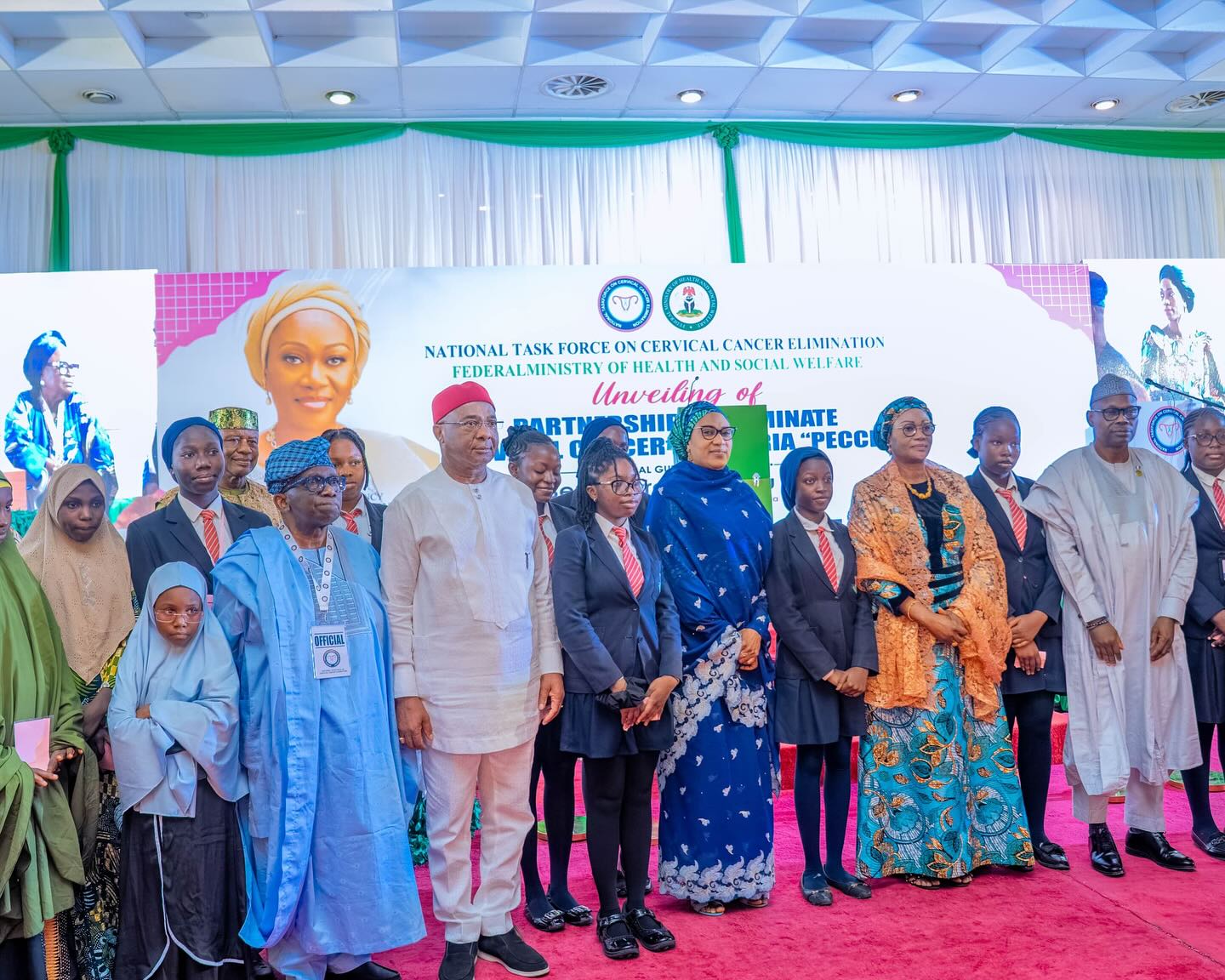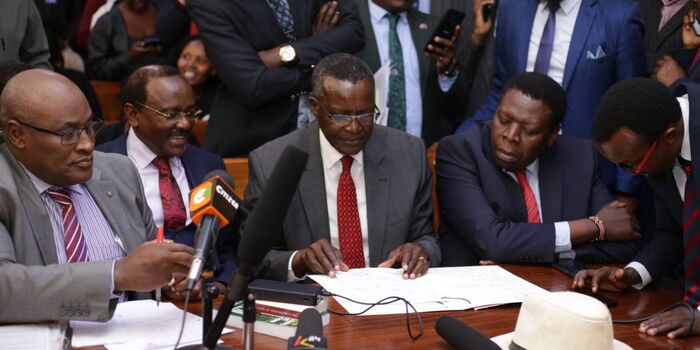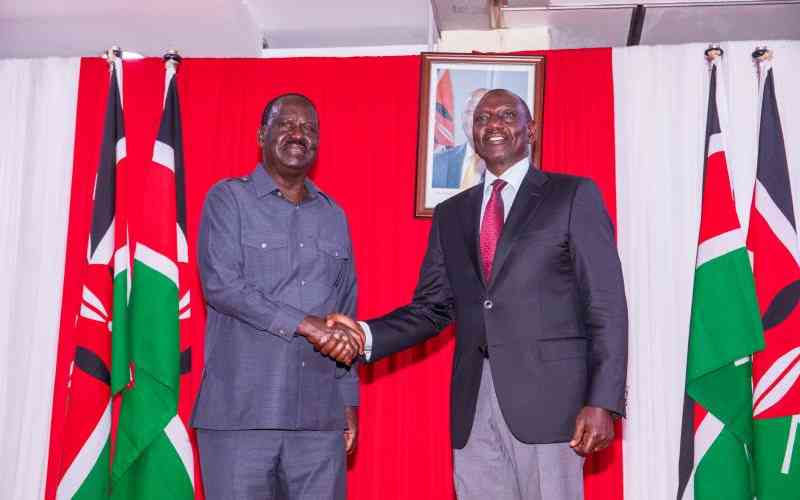Gachagua Demands Activist Rose Njeri's Release, Alleges State Silencing of Critics

Former Deputy President Rigathi Gachagua has issued a vehement critique against the Kenyan government and Interior Cabinet Secretary Kipchumba Murkomen, accusing them of escalating a crackdown on dissent, particularly targeting youth, ahead of the introduction of the Finance Bill 2025. In statements made around Monday, June 2, 2025, Gachagua highlighted the arrest of software developer Rose Njeri as a prime example of the administration's alleged attempts to use fear and intimidation to silence critics.
Rose Njeri, described as a young and brilliant software developer, was taken into police custody on Friday, May 30, 2025, in South B, Nairobi, and held at Pangani Police Station over the Madaraka Day weekend. Her alleged offense was creating 'Civic Email,' an online tool designed to help ordinary Kenyans voice their concerns and submit objections to the controversial Finance Bill 2025. Police sources reportedly feared her campaign could incite protests. Gachagua condemned Njeri's arrest as an attack not just on her, but on the innovative spirit and courage of the country's youth, stating, "Her only ‘crime’ was building an online tool to help ordinary Kenyans send their objections to the Finance Bill 2025." He demanded her immediate and unconditional release, adding that her innovation should have been celebrated, not punished. Njeri was expected to be arraigned in court on Tuesday, June 4, 2025.
Gachagua further contended that Njeri's apprehension was part of a broader pattern of repression. "This is not just an attack on Rose. It is a continuation of the attack on the youth of this country. It is an attempt to stifle their courage, their innovative spirit, and their belief in the power of their own voices," he elaborated. He asserted that the government, instead of embracing dialogue and reforms, was escalating its crackdown as the new Finance Bill approached.
The former Deputy President also took sharp aim at recent remarks by Interior CS Kipchumba Murkomen concerning a legislative push to outlaw what the government terms "fake abductions" or "faking disappearances." Murkomen had made these comments around May 31, 2025, following an incident involving Juja Member of Parliament George Koimburi. Gachagua characterized Murkomen's proposal not as a genuine policy initiative, but as a calculated move to "outlaw victims and those who speak out against injustice." He questioned the state's credibility in determining the authenticity of disappearances, asking, "Who decides what is ‘fake’? The same administration where the president and his top officials dismissed reports of abductions as fake news or self-inflicted, only to quietly admit the truth under public pressure?" Gachagua warned that such laws could allow the state to easily dismiss legitimate disappearances as hoaxes and prosecute those who expose them, thereby denying recourse to victims and their families and potentially turning the pursuit of justice into a punishable offense.
Gachagua argued that these actions demonstrate that the government has "learnt nothing from the GenZ protests" that occurred in response to the Finance Bill 2024, which saw thousands of young protesters take to the streets. He mocked the administration's recent expressions of contrition for past events, dismissing them as insincere "melancholic crocodile tears."
Urging Kenyans to remain vigilant and united, Gachagua called on citizens to defend their right to protest and speak without fear. "We must speak up for our rights and for each other. Today it is Rose, tomorrow it could be any one of us," he stated, emphasizing that the country's future depends on protecting democratic values and resisting attempts to muzzle independent thought and expression.
The controversy arises as concerns mount over the Finance Bill 2025 itself. Various stakeholders have raised objections to several proposals, including potential increased taxes on essential goods due to shifting them from zero-rated to exempt VAT, which manufacturers warn could drive up living costs. Other criticisms involve proposals allowing the Kenya Revenue Authority (KRA) access to private data, including phone usage and trade secrets, viewed as an invasion of privacy, and the proposed removal of tax breaks for companies involved in mass affordable housing projects.










